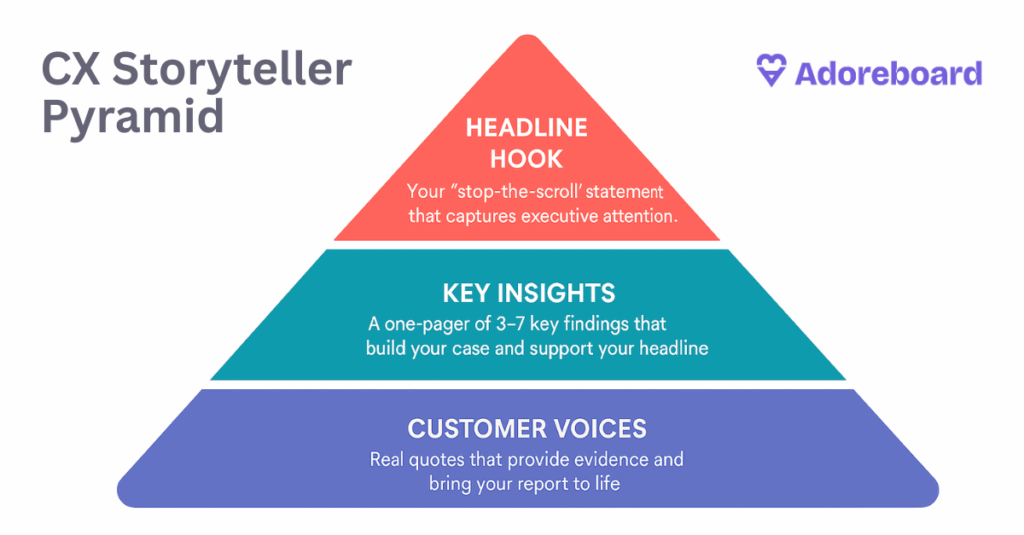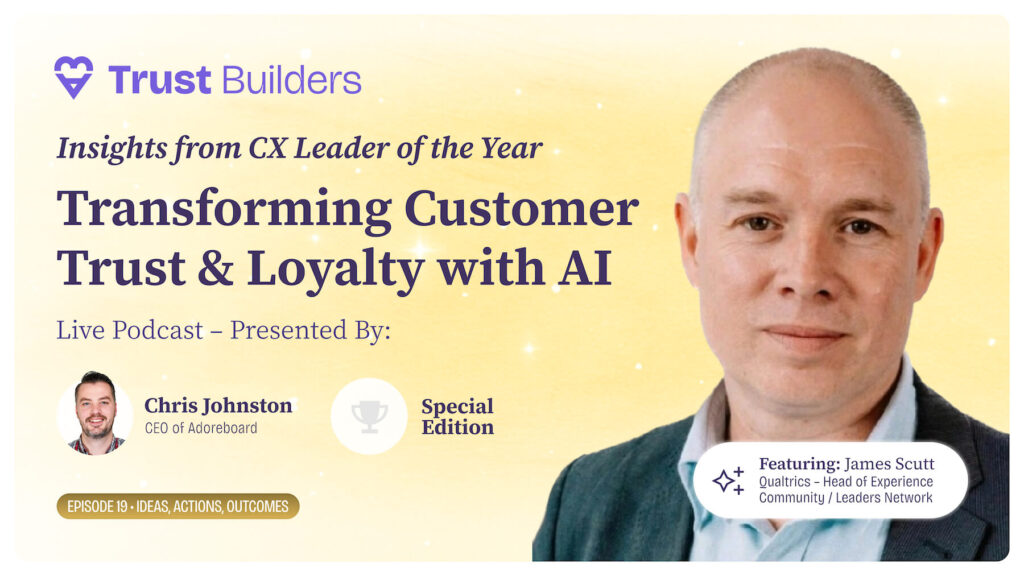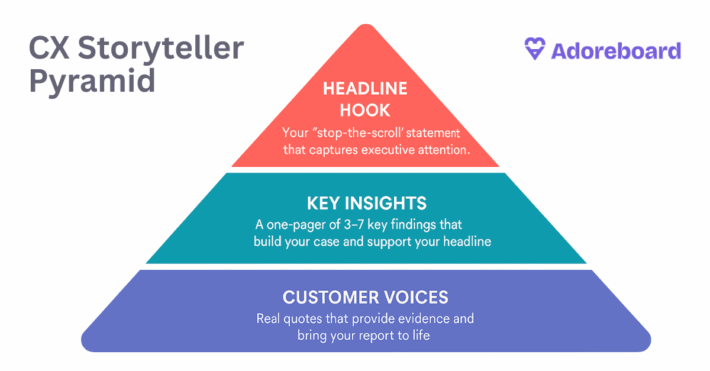Polluted rivers, smog filled skies, decimated forests; If there was ever a time where we need a strong focus on sustainability, it’s now. Thankfully, across the world vast numbers of consumers are starting to take action by changing their lifestyles and buying habits, and a number of brands are following suit. So, who’s leading the change? Millennials of course.
Millennials Views on Ethical and Sustainable Fashion
According the State Of Fashion 2018 Report by BoF and Mckinsey, “66% of global millennials are willing to spend more on brands that are sustainable”. Further, research by LIM College found that almost 90% of millennials felt “they will help create more sustainable products by convincing businesses and governments to change existing practices”. Additionally, Oeko–Tex, a group of 16 independent textile research and test institutes, found that “60% of millennials are interested in certified sustainable clothing”, and an impressive “69% of millennials check claims like “eco-friendly” or “sustainable” when buying clothes”.
The message is loud and clear; a large proportion of millennials really care about sustainable and ethical fashion.
Hey, fast fashion shops are popular for a reason. They're easy & cheap. But that comes with an ethical cost. Unfortunately, it does take a little bit of effort & research to be ethical. But….isn't it worth it?
— alex✨️🔥 (@alexpinku) March 15, 2018
But if you still need further convincing, some of the strongest evidence is our recent research with OnePulse, which found that 61% of millennials say that ethics and sustainability are imperative when shopping for clothes. With 20.42% of millennial respondents “strongly agreeing” when asked if ethics and sustainability were important to them when shopping for clothes. This furthers previous research as it shows that although a large proportion of millennials care about sustainability and ethics when shopping, there is a subset of these millennials that care a whole lot.
The Fashion Retailers and Brands That Are Ahead of the Curve
Most fashion retailers and brands are still, unfortunately, burying their heads in the sand and pretending that the shift to ethical and sustainable fashion isn’t happening, or will be short lived. However, there are a few notable fashion retailers and brands that are going all out into the brave new world of ethical and sustainable clothing.
Chiefly among them is H&M, who have really embodied the philosophy of sustainable fashion. This is evidenced by a number of their pioneering initiatives which include being able to take your old clothes to H&M stores to be recycled. In addition to this is their highly popular “conscious” fashion line, which uses sustainable and recycled materials for the entirety, or large proportion of, the garment.
But H&M is far from done. They are fiercely ambitious about what they can achieve on the ethical fashion front and have set themselves some pretty audacious targets. They are aiming to have 100% of their clothing made from sustainable cotton by 2020. By 2030 they are aiming to use 100% recycled or other sustainability sourced materials in their products. And, most ambitious of all, by 2040 they are aiming to have a climate-positive value chain.

It’s not just high street fashion brands like H&M that are taking a more ethical and sustainable approach. High-end fashion brands like Stella McCartney have also been increasing their sustainability efforts. What is particularly interesting about Stella McCartney is that the brand is incorporating sustainable fabrics and techniques without sacrificing style. This has long been an area of contention, as many fashion brands maintain that style and sustainability are mutually exclusive. Day-by-day, both Stella McCartney and H&M are defying this notion.
Some major sports brands are also making sustainability and ethics a more central part of their business. The most notable example is Adidas. In a master stroke of true innovation, Adidas created a pair of functional and attractive trainers out of waste ocean plastic. In 2017 Adidas sold an astonishing 1 million pairs of sports shoes made of this recycled plastic, each pair taking approximately 11 plastic bottles to make.

Ethical Fashion Can be an Opportunity for Retailers to Reshape the Customer Experience
Traditionally, many fashion retailers have had a very one sided relationship with their customers. However, ethical and sustainable fashion can be used to transform what was once a cold, transactional relationship to a much warmer, collaborative relationship, thus heightening the customer experience. But, what exactly do we mean by this?
Well, fashion retailers can use ethical and sustainable fashion as way of bringing customers into the retailer’s world by explaining how, and under what conditions, their clothing is manufactured. This could include the types of materials that are used, how these materials are sourced and ways in which the retailer is meeting their obligations to their customers, and to the planet. In addition to this transparent retail practice, retailers can go one step further and consult customers on their preferred approaches and actions for sustainable and ethical fashion.
Shop less, mend more: making more sustainable fashion choices https://t.co/irwhcBluJc by @KorenHelbig #sustainable
— Love Burton (@loveburtonuk) June 24, 2018
This open sharing and collaboration has the potential to radically change the very nature of the typical retailer-customer relationship and thus elevate the customer experience to a whole new level. But it’s also good for the bottom line, as retailers being transparent and sharing information encourages feelings of trust and strengthens the retailer-customer relationship, as the customer gains deeper insights into the inner workings of the brand that they love.
Studies, such as the one by The Economist Group, found that 68% of their respondents reported that trust in a company makes them more likely to buy their product, 59% said it caused them to recommend the business to a friend or colleague, and 37% reported that they would pay more for a product that is from a trusted retailer.
So, the research is pretty clear. Millennials, a demographic that are fast becoming the largest in size and the most influential, care about sustainability and ethics when it comes to fashion. A handful of fashion retailers and brands, such as H&M and Adidas, have made huge strides. However, it’s crucial that more fashion retailers and brands, large and small, take ethics and sustainability seriously, not only for the good of the customers and the brand, but or the good of the planet.

Sustainable and ethical fashion has the potential to completely reconfigure modern day customer experiences, foster true trust and therefore brand-love.
If you would like to learn more about Emotics analysis, register for a brief demo here.







